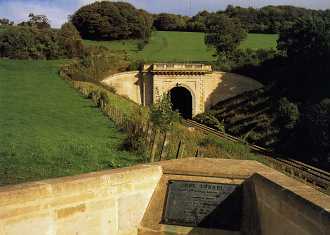| Check Out Lastminute on Accommodation |
The Local Time is Saturday, 27-Jul-2024 13:23:36 CEST
Isambard Brunel & connections with Bristol |
|
|||
| YOU ARE HERE: Main Home Page > Places to Visit > Bristol Home > Isambard Brunel | E-mail This Page |
|
|
 |
|
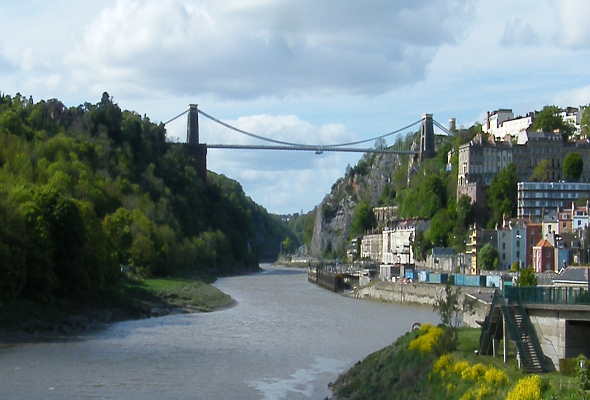 Clifton Suspension Bridge by Isambard Brunel 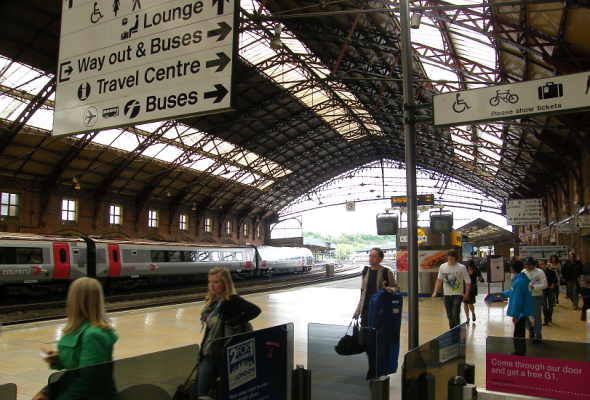 Temple Meads Railway Station by Isambard Brunel 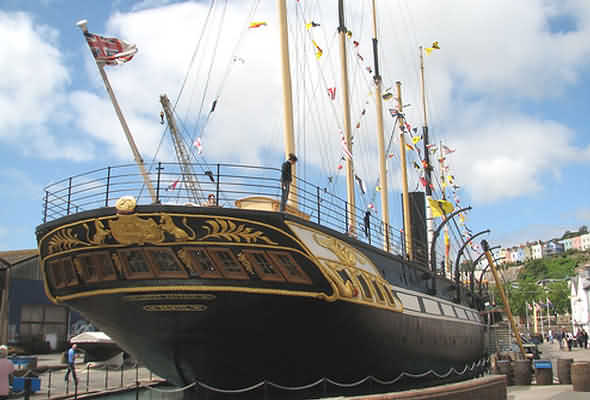 Steam Ship SS Great Britain 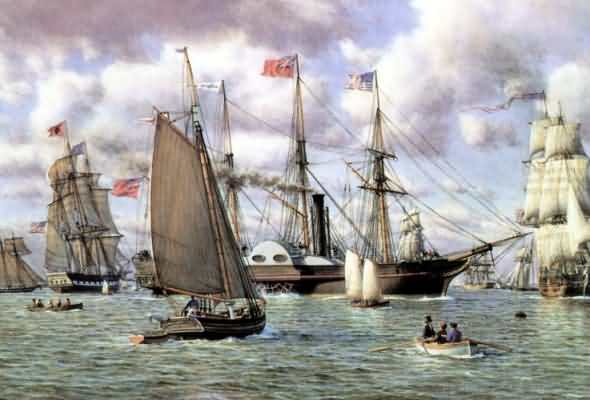 Steam Ship SS Great Western - the first transatlantic steam ship Map of Bristol area - obtain driving directions |
||||||||||||||||||||||||||||||||||||||||||||||||||||||||
|
||||||||||||||||||||||||||||||||||||||||||||||||||||||||
|
||||||||||||||||||||||||||||||||||||||||||||||||||||||||
|
Brunel and his connections with Bristol. Isambard Brunel (1806 to 1859) and was the son of an exiled Frenchman. He was an engineer of amazing ability being responsible for many innovations and inventions used in construction. Brunel was known for his design of the Clifton Suspension Bridge which spans the gorge over the River Avon to the City of Bristol. He did not live long enough to see its completion. Bristol Temple Meads Railway Station was of his designs and is much admired for its grandness. He was responsible for designing the Great Western Railway, one of the wonders of Victorian Britain, running from London Paddington station to Bristol Temple Meads. During his lifetime he designed and supervised the building of 25 railway lines and over 100 bridges. The oldest of the tunnels he designed is the Thames tunnel in the London underground, this is a scheduled ancient monument. One of his greatest achievements was the building of SS Great Britain in Bristol docks. A large steam passenger liner which was launched in 1843 however in 1846 the owners were forced out of business following the vessel being stranded due to a navigational problem. In 1970 it was returned to the dry dock in Bristol where it was first built, its restoration has made it a major visitor attraction. Open daily from 10am it is possible to see this all weather attraction throughout the year with exception of December 24th /25th & 11th January 2010. Admission prices - Adult £10-95 concessions £8-50, family tickets are also available. The SS Great Western was Brunel's first ship design and built at the shipyard of Patterson & Mercer in Bristol. She was launched on the 19th July 1837. The Great Western set off from Bristol on the 8th April 1837 on her maiden voyage bound for New York. The Great Western arrived in New York on the 23rd April 1838 setting the record for the fastest trans-Atlantic crossing and so beat the Sirius and captured the Blue Riband. In 1847 she was sold to the Royal Mail Steam Packet Company and used on the West Indies run. Later, after serving as a troopship in the Crimean War, in 1856 she was broken up at Castles' Yard, Millbank on the Thames. Brunel suffered several years of ill health, with kidney problems, before succumbing to a stroke at the age of 53 years. He was said to smoke up to 40 cigars a day and to sleep as little as four hours each night. Brunel came second in the BBC's 2002 public poll of the top 100 Greatest Britons. In 2006, the bicentenary of his birth, a major programme of events celebrated his life and work. |
||||||||||||||||||||||||||||||||||||||||||||||||||||||||
|
||||||||||||||||||||||||||||||||||||||||||||||||||||||||
| Watch video of The Life and Death of Isambard Kingdom Brunel:- | ||||||||||||||||||||||||||||||||||||||||||||||||||||||||
The War of MickletonThe 157 year old railway tunnel, still in use today, that links Chipping Campden with Mickleton was designed and built by Isambard Brunel. In the middle of it's construction 'The War of Mickleton' broke out. In 1851 Brunel decided to seize the the site from the Main Contractor who had stopped work claiming he was owed £4300 by the Oxford Worcester & Wolverhampton Railway. The Main Contractor was supported by 100 men armed with clubs, spades and pick-axes, the local police and magstrate from Bretforten (who Read the Riot Act to Brunel) and soldiers from the Gloucestershire Artillery. Brunell surrounded the the tunnel entrance on the Mickleton side with a force of 2000 navvies and the Main Contractor capitulated after sporadic clashes between the two sides. |
||||||||||||||||||||||||||||||||||||||||||||||||||||||||
The Railway Tunnel at BoxIsambard Kingdom Brunel's Great Western Railway between London and Bristol was one of the greatest civil engineering achievments of the Victorian era. Along its length the most difficult constructional feat was the nearly 2 mile long tunnel between Chippenham and Bath at Box.
Three-quarters of the tunnel's length runs through, clay, blue marl, and Inferior Oolite and had to be lined with bricks - 30 million were needed for the task and all carried by horse and cart. After prodigous efforts by men and horses the tunnel was competed, 5 years after starting, in June 1841 at a cost of £6.5 million - and the lives of 100 workmen (navvies). To commemorate what Brunel himself called 'the finest work in England' he designed a triumphal arch over the western exit in exquisite Classical style. |
||||||||||||||||||||||||||||||||||||||||||||||||||||||||
|
||||||||||||||||||||||||||||||||||||||||||||||||||||||||
| BACK TO TOP | ||||||||||||||||||||||||||||||||||||||||||||||||||||||||
Bristol and its connections with Brunel |
||||||||||||||||||||||||||||||||||||||||||||||||||||||||
| This page last modified Friday, 12-Mar-2021 15:07:05 CET | ||||||||||||||||||||||||||||||||||||||||||||||||||||||||





